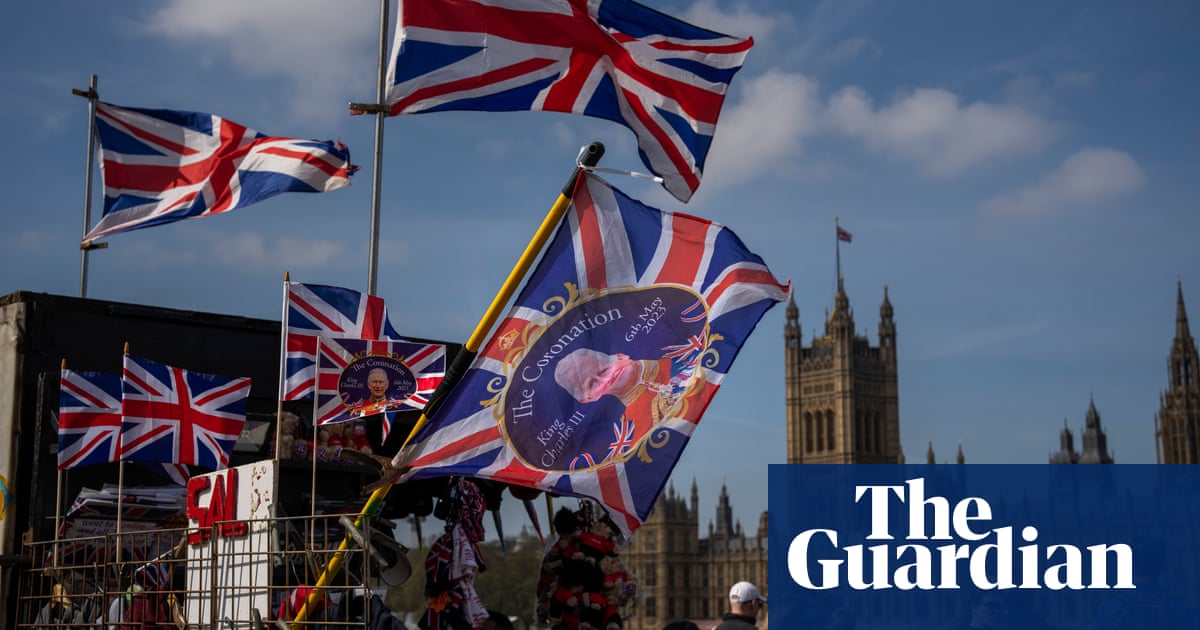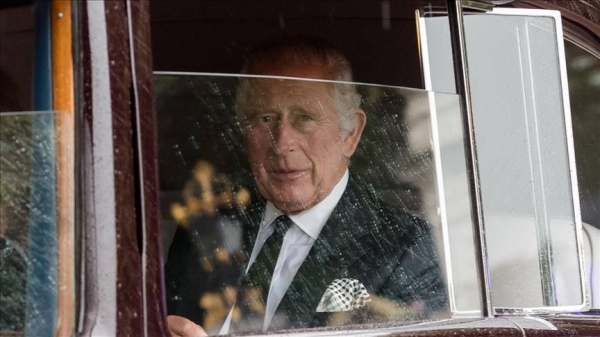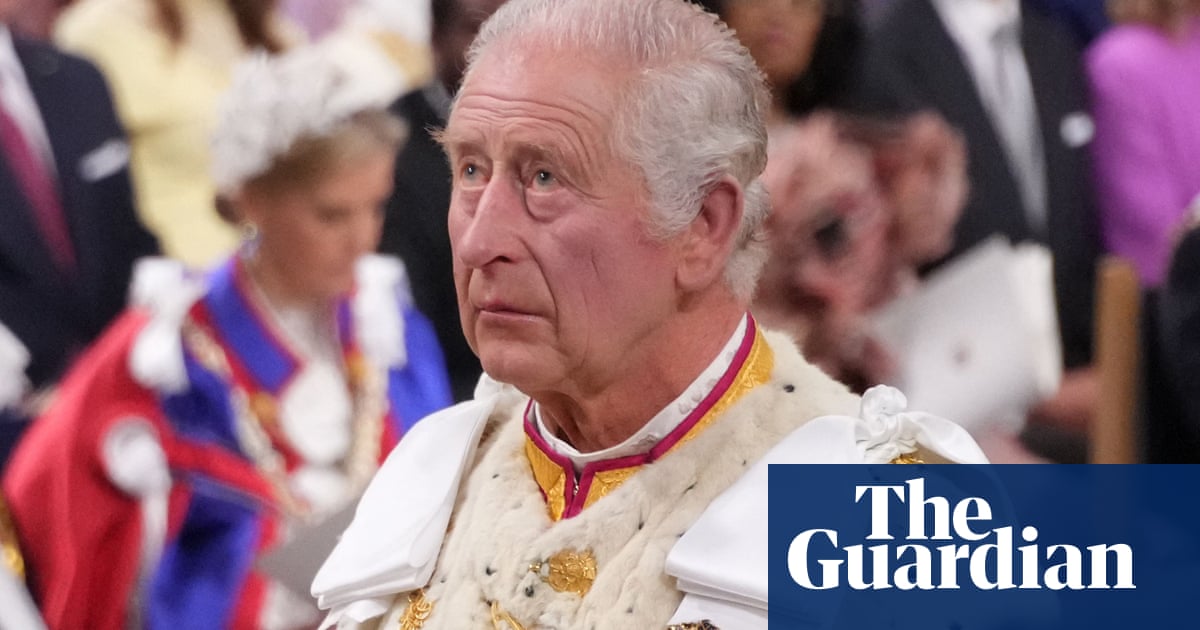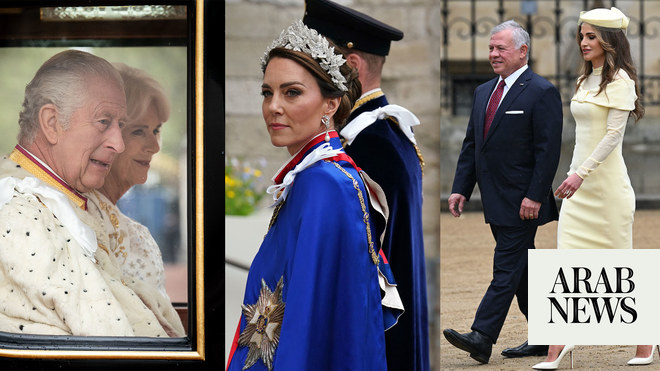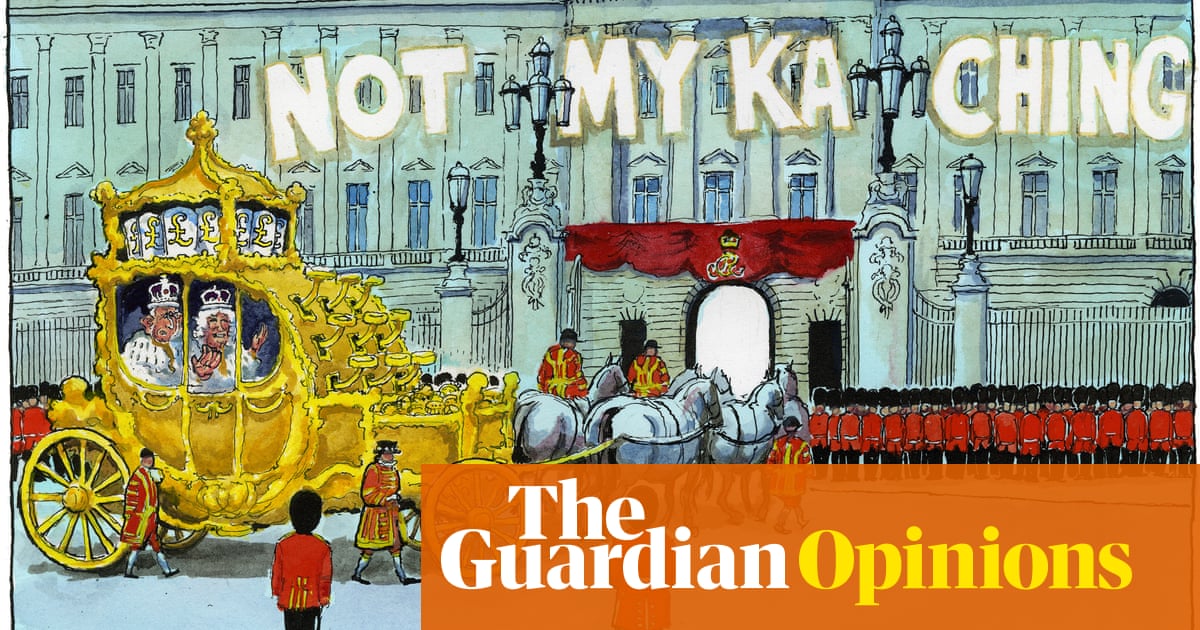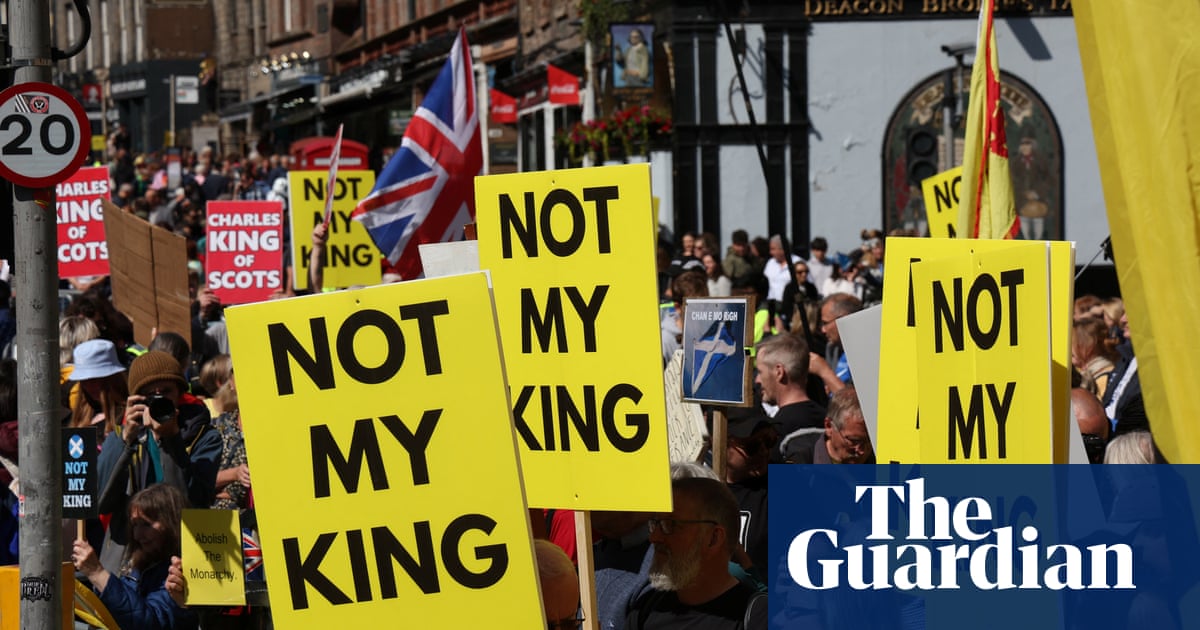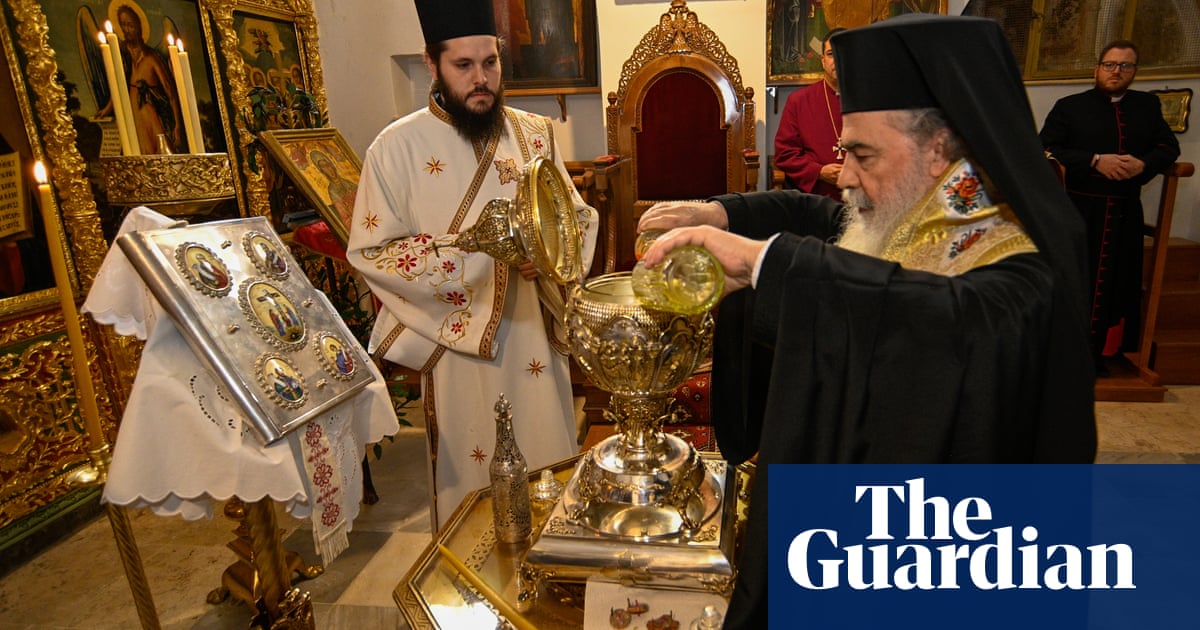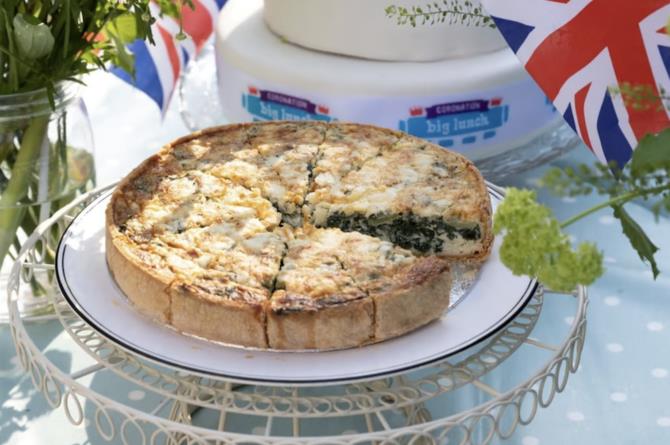
As Britain prepares to crown King Charles, the pomp and ceremony dating back some 1,000 years would be nothing without a recipe for a dish the masses can make to mark the occasion. Some seven decades ago, a lightly curried chicken dish was created to mark the ascension of Queen Elizabeth to the throne. This time, the new king and queen have chosen a “coronation quiche,” a savory tart. This dish, made up of a light pastry base filled with beaten eggs mixed with spinach, beans, cheese and tarragon prior to baking, was selected as the dish of the so-called big lunches that are due to take place over the coming long weekend across the UK.
After several decades living in the UK and Europe, and priding myself on having had exposure to all sorts of obscure and/or exotic dishes from Scotland and Scandinavia all the way to Southern Europe, coronation chicken to me was an express sandwich filling that I appreciated. I used to prepare it at home with leftover chicken or buy from local cafes while at work. With quiche, I often tried it in France as a light and quick bite, served with salad or boiled potatoes. But quite frankly, cold or hot, I found it heavy, too eggy and too bland.
Now that the new king has chosen quiche to feature on the menus of celebrating Brits, I wonder if it might be a reflection of a nation doubting itself and staying safe instead of pushing the limits of creativity to show its aspirations. Why not choose another simple yet affordable recipe, but one that is more colorful and daring and pushes the boundaries, reflecting the multicultural, tolerant and rising Britain of tomorrow?
But maybe quiche is just the image the new monarch of post-Brexit “Global Britain” wants to convey to the world, particularly the country’s European neighbors. It is a basic, inoffensive to the palate, nourishing, cheap option to please everyone at a time when Britain has single-handedly clipped its own wings, shunned the EU and decided to “take back control,” maybe to have the time to protect its shores from potential migrant invaders. This is in addition, of course, to the ambitious but empty rhetoric of “building back better” and launching a “Singapore-on-Thames” version of London, which remain a figment of the imagination of the extreme right wing of Euroskeptics in the ruling Conservative Party.
The king and queen’s choice of a dish to mark a royal occasion not seen in Britain for 70 years should stand the test of time and show that it is fit for the occasion. Quiche has apparently been part of English cuisine since the 14th century, but it cannot be considered to be part of the current culinary landscape of Britain’s favorite dishes, according to a YouGov poll conducted in 2019.
The new monarch’s choice of this dish symbolically reasserts what politics has undone in relation to Britain’s place in Europe.
Mohamed Chebaro
If anything, the new monarch’s choice of this dish — which originated in Germany and is now known as part of classic French cuisine — symbolically reasserts what politics has undone in relation to Britain’s place in Europe. And it is also maybe a message to remind everyone that the royal family’s origins are rooted heavily in continental Europe, despite what the assertive pro-Brexit bunch might say. Both the origin and destiny of the British Isles have always been anchored in Europe, especially when it comes to food choice, ingredients, flavors and cooking techniques.
King Charles’ culinary choice to mark his coronation might also be intended to reaffirm the multicultural nature of Britain today, which he has always believed in. This is perhaps why he chose a dish from Europe in comparison to the flavors of the Indian subcontinent that were used for his mother’s coronation in 1953. It is no secret that King Charles is an internationalist, but also a keen European, and he might have been against the Brexit project if the royal household had a say in the political direction of the country.
Above all, I believe that the choice of quiche could also tell a tale of the fate of Britain in a post-Brexit world, with a more humble British outlook on life. The country and its economy, outside of the EU’s economic and political family, have suffered in the post-pandemic world. The divorce agreement with the EU has been a shock to the UK’s economy of the same order of magnitude as the pandemic and the energy crisis felt as a result of the Ukraine war.
In the long run, Britain’s gross domestic product will be 4 percent smaller than if the country had chosen to stay in the EU, according to the Office for Budget Responsibility. That single decision has created repercussions that the country is only just starting to grapple with. It has dampened economic and investment outlooks, as well as negatively impacting society’s confidence.
Practically, the impact of Brexit has been felt through slower economic activity and a lack of rebound to pre-pandemic levels in some sectors, due to higher operating costs, a smaller pool of qualified staff and widespread shortages. This has led the British economy to underperform to a level that puts it on a par with Russia at the bottom of the list of G20 economies.
In a country battered by a cost-of-living crisis, shrinking confidence and empty supermarket shelves, the new king’s green and environmental credentials must have played a role in making his coronation dish meat-free. Instead, people will be able to source the ingredients cheaply and easily, helping them prepare for a coronation celebration that will bring neighbors and communities together in the hope that King Charles’ reign might usher in better economic and social prospects in the years to come for a Britain outside of the EU.
Mohamed Chebaro is a British-Lebanese journalist, media consultant and trainer with more than 25 years of experience covering war, terrorism, defense, current affairs and diplomacy.




